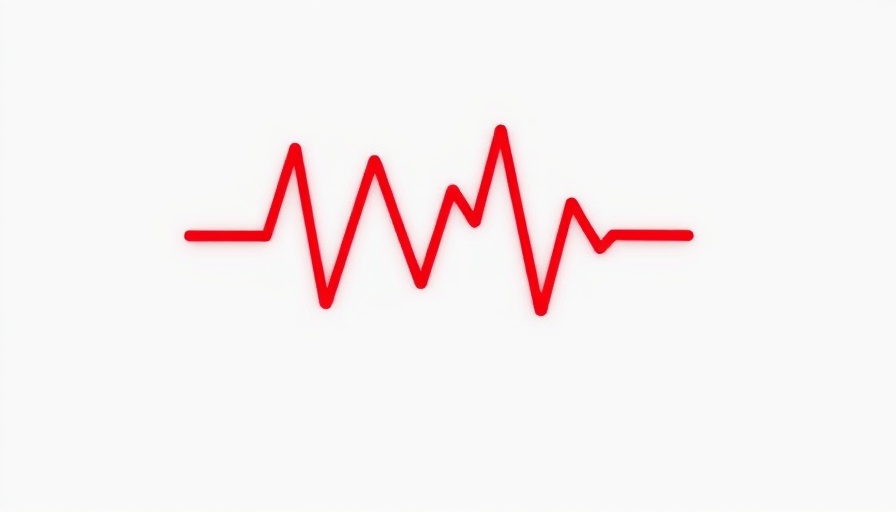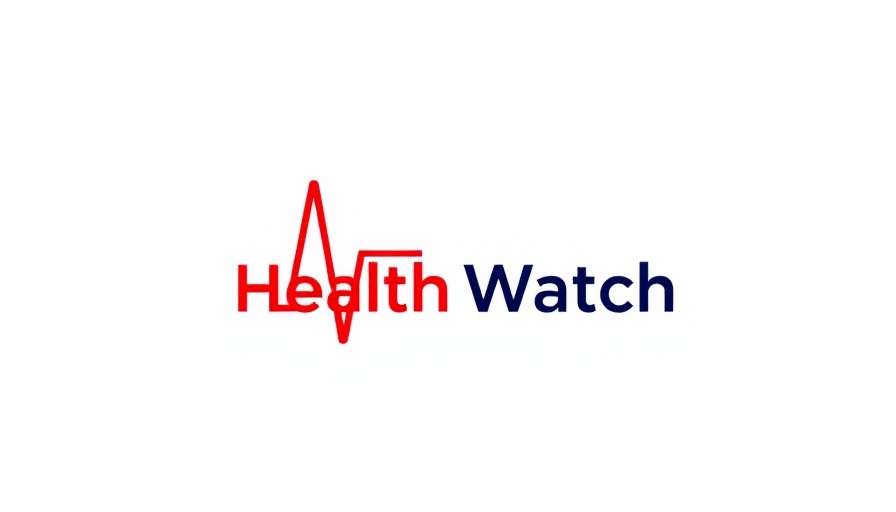
Understanding the Measles Epidemic in the U.S.
In recent years, the U.S. has seen a disturbing increase in measles cases, raising concerns about our collective health and safety. Measles, a highly contagious viral disease, has made headlines as public health experts warn that we might be on the brink of a return to endemic measles in the country. With vaccination rates declining in some communities and misinformation about vaccines spreading, this once nearly eradicated disease is re-emerging as a significant threat to health.
Protecting Our Communities: The Importance of Vaccination
Vaccination is vital to public health, particularly for diseases like measles, which can have severe repercussions, including pneumonia, brain swelling, and, in extreme cases, death. According to the Centers for Disease Control and Prevention (CDC), herd immunity is key to preventing outbreaks, and the recommended vaccination rate for measles is approximately 95%. Unfortunately, we are currently falling short, with many areas reporting vaccination rates below this threshold. This decline allows the virus to spread more easily, putting vulnerable populations, such as infants and those with weakened immune systems, at significant risk.
Historical Context of Measles in the United States
The history of measles in the U.S. reflects the power of vaccination. In the early 1960s, before the measles vaccine was widely adopted, the disease was common, resulting in approximately 500 deaths each year. Thanks to vaccination efforts, measles cases decreased drastically, with the disease declared eliminated in the U.S. in 2000. However, as vaccine hesitancy grows, we are seeing a resurgence of this once-controlled disease, revealing the vulnerabilities in our public health system.
The Role of Misinformation in Vaccine Hesitancy
Misinformation plays a significant role in the growing hesitancy toward vaccines. False claims about the safety and effectiveness of vaccines have circulated widely, often leading people to make ill-informed decisions regarding their health. Social media platforms, while providing valuable information, have also become breeding grounds for conspiracy theories and inaccurate narratives, fueling fear and distrust. It is crucial to counteract this misinformation with clear, fact-based communication from trusted health experts.
Local Outbreaks: A Nationwide Concern
Recent outbreaks in various states have illustrated the very real threat that a lack of vaccination poses. In 2023 alone, several states reported clusters of measles that originated from individuals who had not been vaccinated. These outbreaks have sparked public health campaigns aimed at increasing awareness about the importance of vaccination. However, the reluctance in some communities to accept vaccinations means that such outbreaks may continue to occur, leading to a potential public health crisis if action isn’t taken.
What Can Be Done to Reverse This Trend?
To prevent a return to endemic measles, concerted efforts are needed on multiple fronts. Health organizations, government agencies, and community leaders must collaborate to provide accurate information about vaccines and address public concerns. Promoting community-based initiatives that enhance access to vaccinations and incentivizing vaccination can prove effective. Additionally, fostering an environment of trust through transparent dialogue about vaccine safety is key to rebuilding confidence.
As public health challenges continue to evolve, it is crucial to prioritize vaccination efforts to ensure the health and safety of our communities. By understanding the risks associated with measles and combating misinformation, we can work together to restore confidence in vaccinations and protect against this preventable disease. While we are standing at a tipping point regarding endemic measles, the solution lies in education, awareness, and community engagement.
 Add Row
Add Row  Add
Add 




Write A Comment